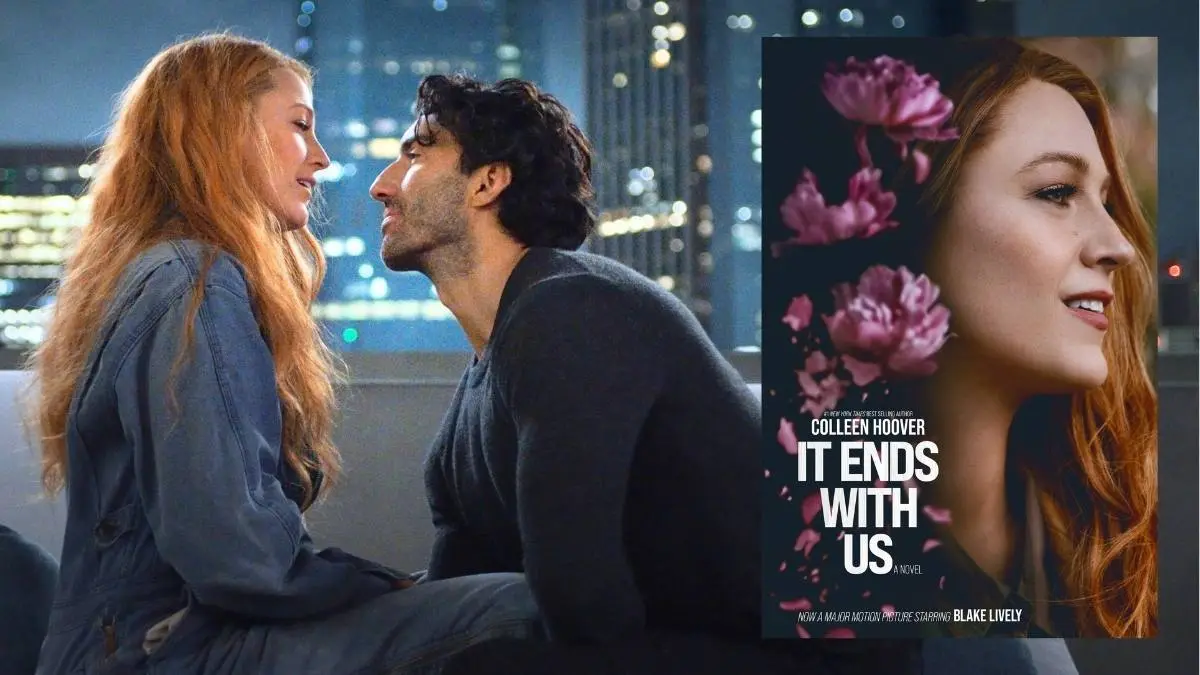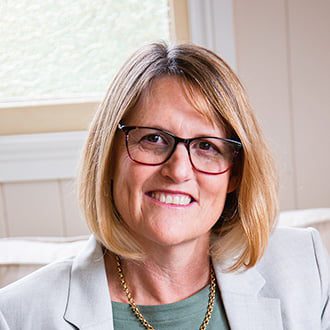Spoiler Alert: If You Haven’t Seen the movie It Ends with Us, and you don’t want to read any spoilers..stop reading now.
Last weekend my friend and I watched It Ends with Us, the movie adaptation of Colleen Hoover’s bestselling novel. As someone who works with couples in my counselling practice, I felt compelled to share my thoughts. While the movie has some aesthetically pleasing elements—think chic fashion and a charming flower shop—I found it troubling for several reasons, particularly its portrayal of domestic violence (DV).
Unrealistic Portrayal of Characters and Relationships
First, let’s talk about the characters. While the movie nails the visuals, from Blake Lively’s wardrobe to the whimsical flower shop, the characters themselves felt flat and unrelatable. The relationship dynamics were over-simplified, making it difficult to connect with the characters on a deeper level. In my experience as a counsellor, relationships are complex, especially when they involve DV. The characters in It Ends with Us seem to glide through emotional turmoil in a way that feels sanitized, which leads to the most significant issue I had with the film: its treatment of domestic violence.
The Problem with How Domestic Violence Is Depicted
It Ends with Us tackles a heavy topic—domestic violence—but it does so in a way that, frankly, is not true to life. DV is far more insidious, messy, and dangerous than what’s shown in the film. In real life, DV often involves a gradual erosion of self-worth, where emotional and psychological abuse is just as harmful as physical violence. The movie fails to capture this complexity, opting instead for a more straightforward narrative that downplays the true horror of living in an abusive relationship.
One of the most glaring inaccuracies is how the perpetrator in the film eventually acknowledges his abusive behavior. While this might offer a satisfying resolution for a movie audience, it’s not reflective of reality. Most perpetrators of domestic violence don’t see their actions as wrong and rarely admit to their abusive ways, let alone change them. In my work with couples, I’ve seen firsthand how challenging it can be to address DV. Perpetrators often manipulate and gaslight their victims, making it incredibly difficult for them to break free from the cycle of abuse.
Types of Domestic Violence: More Than Just Physical Abuse
When people think of domestic violence, they often picture physical abuse. But DV can take many forms, including emotional, psychological, financial, and even digital abuse. The movie lightly touches on these aspects but doesn’t delve into how damaging they can be. Emotional abuse, for instance, can involve constant criticism, manipulation, and control tactics that leave the victim feeling trapped and worthless. Psychological abuse may include threats, intimidation, and isolation. In some cases, the mere threat of violence can be as damaging as actual physical harm.
For anyone who believes they might be a victim of domestic violence, it’s crucial to understand that abuse isn’t always visible. The threat of harm can hang over someone’s head like a dark cloud, making it difficult to see a way out. If this sounds familiar, I urge you to reach out for help. You don’t have to do it alone.
Domestic Violence Is More Common Than You Think
As a counsellor, I encounter DV more often than many would believe. It’s not pleasant work, but it’s necessary. The reality is that DV is more common than we’d like to admit, affecting people from all walks of life. It’s not just the stuff of movies or sensational news stories; it’s a grim reality for many.
However, unlike the neat resolution portrayed in It Ends with Us, escaping DV in real life is rarely easy. It’s a long, difficult process that requires courage, support, and often, professional help. While I am not a domestic violence specialist, I do work with couples, and I understand the gravity of these situations. If you’re experiencing any form of abuse, it’s vital to seek help from those who specialise in DV. Counsellors, social workers, and DV shelters can provide the support you need, but be prepared for a journey that’s more challenging than the movie makes it seem.
The Importance of Reaching Out
It Ends with Us may have brought DV into the mainstream conversation, but it’s important to remember that real-life abuse is far more complex than what’s portrayed on screen. If you or someone you know is experiencing domestic violence, I encourage you to reach out to a professional. DV Connect is a good place to start. You can also contact me if you would like to discuss your situation. You don’t have to face this alone. Healing is possible, but it requires time, effort, and the right support.
Remember, the path to safety and recovery isn’t as simple as the movie suggests, but it’s a journey worth taking.


